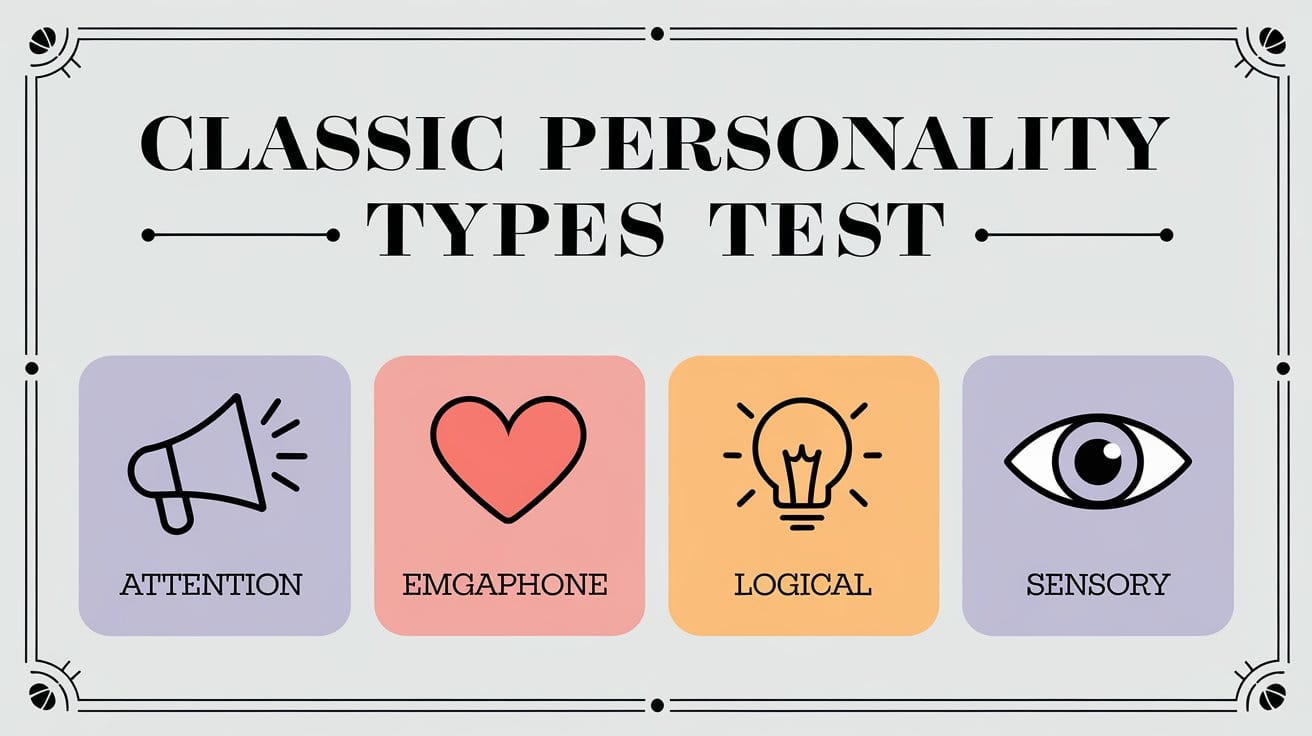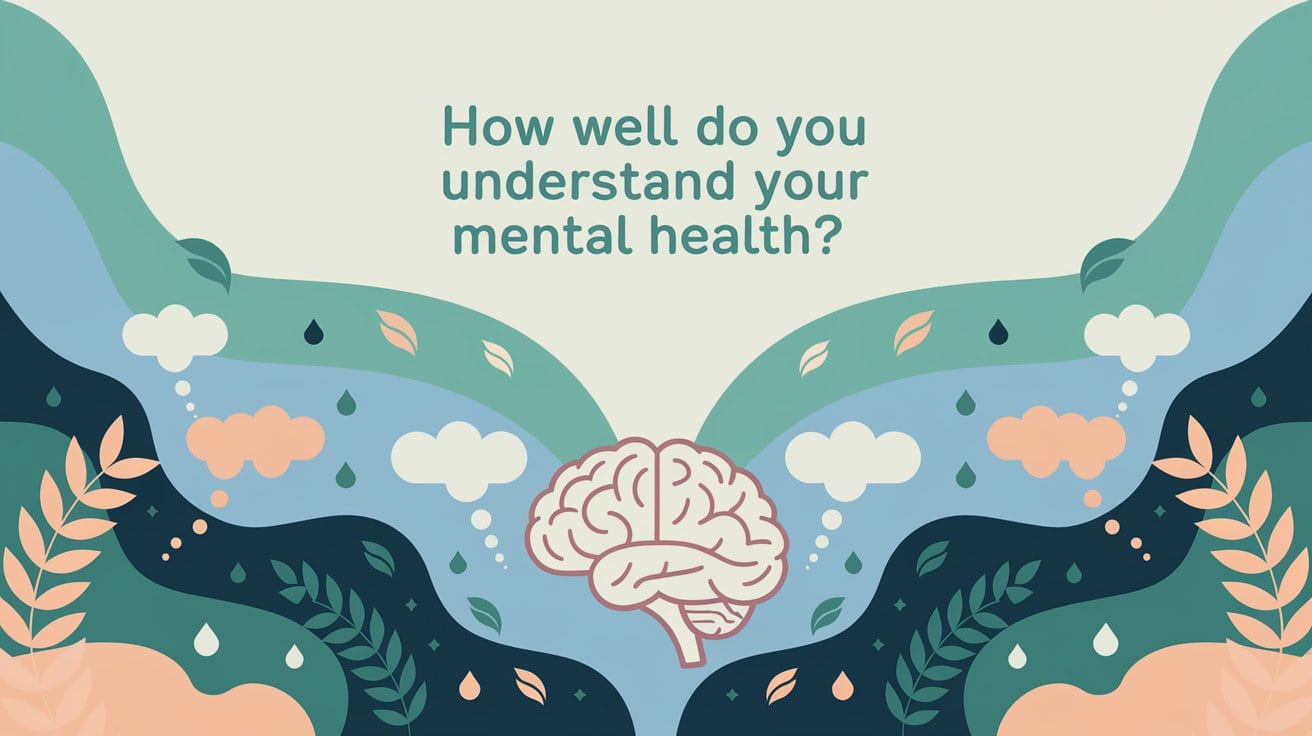Paranormal Events and Human Psychology: The Power of Mystery
Paranormal events have always intrigued, frightened, and captivated humans. Ghosts, UFOs, supernatural entities, and communication with mediums have found their place in mythology, religion, and even modern science fiction. Are these phenomena just stories or fabrications? Or do they reveal something deeper about human curiosity and our relationship with the unknown? Let’s explore paranormal events from historical, psychological, and sociological perspectives.
Historical Roots of Paranormal Phenomena
Ancient Mythologies:
Many ancient civilizations, from Egypt to Greek mythology, believed that supernatural forces shaped the world. The belief that the spirits of the dead could interact with the living was evident in burial rituals.
The Middle Ages and Witch Hunts:
During the Middle Ages, paranormal events were often associated with demonic forces. The fear of witchcraft and the subsequent witch hunts were byproducts of these beliefs.
Modern Era and UFO Sightings:
In the 20th century, technological advancements shifted the focus of paranormal phenomena to extraterrestrial life, UFOs, and unexplained technological occurrences.
Why Do People Believe in Paranormal Events?
Belief in paranormal phenomena stems from a natural curiosity about the unknown. However, this inclination varies based on individual personality traits, environmental factors, and psychological make-up.
Cultural and Social Influences:
Societies often shape individuals’ beliefs about paranormal events. For instance, reincarnation is a dominant belief in India, while ghosts take center stage in Western cultures.
Psychological Factors:
Research shows that belief in the paranormal can serve as a coping mechanism for dealing with uncertainty.
Trauma and Paranormal Beliefs:
Individuals who have experienced trauma may attribute unexplained events to paranormal forces as a way of making sense of their experiences.
Imagination and Perception:
People with vivid imaginations might interpret ambiguous events as paranormal occurrences.
Education and Scientific Thinking:
The level of education and critical thinking skills can impact belief in paranormal events. Individuals with a scientific background often approach these phenomena with skepticism.
Social and Cultural Impacts of Paranormal Phenomena
Paranormal phenomena leave a lasting impression on society, heavily influenced by media and pop culture. Notable examples include:
Cinema and Television:
Popular shows and films like The X-Files, Ghostbusters, and Stranger Things have introduced paranormal topics to a broader audience, sparking curiosity.
Social Media and Viral Stories:
Platforms like YouTube, Reddit, and TikTok facilitate the rapid spread of paranormal stories. Ghost videos, UFO theories, and unexplained events often attract a massive following.
Scientific Approaches to Paranormal Events
Psychological Explanations:
Paranormal experiences can sometimes be attributed to errors in perception. For instance, during sleep paralysis, people might feel a presence in the room. They may also experience a sensation of being held by an unseen force.
Physical and Environmental Factors:
Sociological Perspectives:
Join the Paranormal Personality Test!
Curious about your approach to paranormal events? Do you wonder how much you believe in these phenomena and how your personality responds to mysterious occurrences? The Paranormal Personality Test is a fun and thought-provoking way to explore your views on the paranormal. Discover your unique perspective, share your results with friends, and take one step closer to unraveling the mysteries of the unknown!




Post Comment